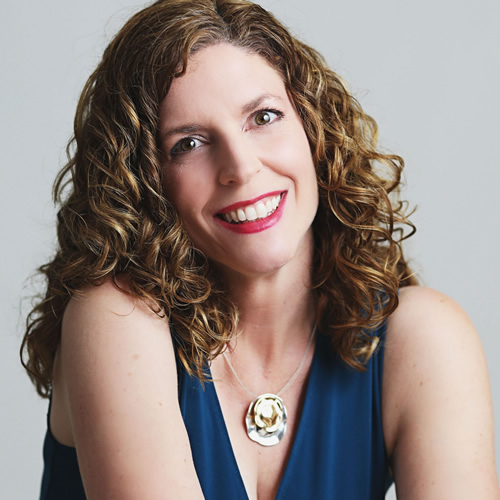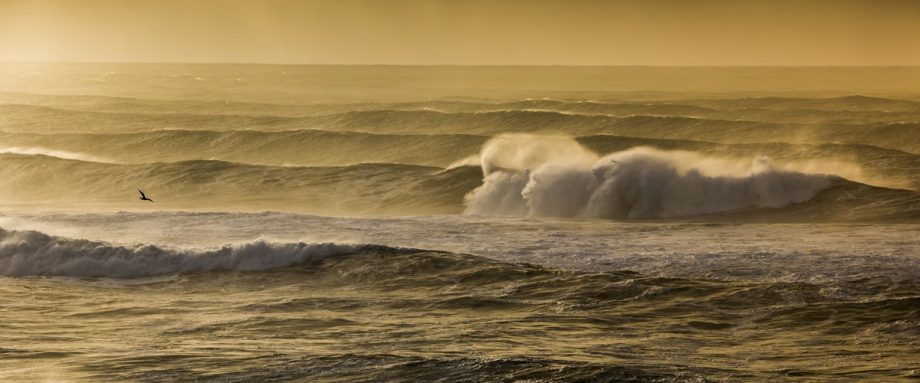The road to Lucid Isle split off in a lonely spoke to the north, away from the coast highway roads that most travellers took to their pulsating holidays of sun, sand, mirth, and mayhem. With no hesitation, Teagan took the northern road.
Empty, now coated in skittering and slinking sand, the road to Lucid Isle represented a forgotten time. That was a time before Teagan was born; a time when her parents had taken her siblings every summer to vacation in a little campground ringed in decorative lights, redolent with fruity drinks, grilling, and sticky marshmallows turning coal-black over the coals; and much revelry. The campground now sat beneath the waves, given over to erosion from the surgical carving of many hurricanes over the decades. Teagan traversed this derelict road that took her far out to the east, away from the mainland, with a becalmed sound on one side and the moody Atlantic on the other.
Her throat ached. She wondered what it might have been like, in the early 1960s, when her parents looked like magazine ads, their three young children bouncing like popcorn about their legs. Teagan was the late fourth child, having arrived after the travel days of her family ended. Now she was alone, her parents passed, her siblings flung throughout different parts of the country. What had she missed? She wanted to find out. And so she drove.
Part of the shore was now designated as protected, and that included the old lighthouse. The Lucid Light keeper was long gone, the lighthouse itself shut for the season; it was only open briefly each summer for determined tourists, and only for two hours per day. In the off season, it was gated off, a lone objector standing against wind and wave; both would overtake it eventually, she knew. But not yet. She wanted to see it, wanted to experience it while she still could. Something drew her here. Not just the old photos, and her feelings of mild envy of her siblings for having enjoyed their parents in their youth, while she never knew what they were like at that age. Only in photos did the evidence remain, or else she’d never have believed it.
A parking area outside the gate to the lighthouse path was now completely covered in sand, with long, golden grasses bent over it on all sides. Kittiwakes and sandpipers flickered in and out of focus, as the wind blew her hair into her eyes…and blew the sand in also. Teagan did not need the sand to trigger her tears; they already welled forth. She held an aged photo in her hand up, next to the Lucid Light, and swallowed. In the photo, her parents stood poised, tanned, her three older siblings squinting and smiling, bent in rambunctious poses; they looked ready to dart off the margins of the paper at any second. The lighthouse was brightly painted white and red. Now, it was cream from its sandblasting, and the former red now the hue of old blood.
Teagan walked along the shore, north and south, the only person in sight. The wind was bracing, the light dramatic; the eastern sky given over to the deep cobalt of storm clouds as the sun dipped, the western sky spindling from scattered light through building clouds. She tasted salt. She then returned to the Lucid Light and gazed up at it. The door was locked, but she could approach it. She gazed up, just as the dipping sun caught the Fresnel lens, scattering the rays into innumerable rainbows. A movement in her peripheral vision startled her. She turned.
And there stood her parents, diaphanous yet whole somehow, looking just as they had in her old photo. As they had before she was born; young and vivacious. They smiled at her.
‘Hi, honey,’ said her mother Jeanie in a low, soft voice. ‘There’s my daughter!’ murmured her dad Eddie, beaming. They held each other about their waists: another difference. For in their later lives, they had grown cold and distant.
Teagan’s eyes stung. ‘Mom? Dad?’ She blinked and rubbed her eyes: this made them sting more, as sand had made its way into every crevice of her.
Her parents flickered in and out of seeming solidity, and a glance upward proved that the sunlight was dipping quite low now. She wondered, idly, if these visions of her parents might glow after dark.
Her father answered that for her.
‘We’ve got to go here in a bit. Don’t forget, curfew is at sundown!’ He grinned at her, as did her mother, who also chuckled.
She walked toward them, hesitant yet hopeful, and then stood close to them, as they faded in and out.
‘Sun’s about to go, honey,’ said her mother. So Teagan dared to step even closer, arms stretched wide to take both parents into them.
And she felt…warmth. Warmth on this cold, windy shore; and briefly, solidity, the feel over her parent’s arms around her, the warmth of their faces on her chilled, tear-streaked cheeks. She thought, too, that she could even smell them: the old perfumes and colognes from their younger days. The scent of suntan lotion, even. She breathed them in.
‘I miss you. I love you.’
Then the light vanished, and so did they, and her arms closed around empty air, and then folded about herself. The Lucid Light then sprang on, to her amazement, and turned to sweep its brilliant arc around the shore.
‘You’re supposed to be out of use,’ she whispered, watching it rotate.
The light faded swiftly now, and it would be a long and dark road back to the mainland. The wind lowed and howled, and the light swivelled: just enough to show her the way. So she drove south, and when she reached the end of the coast road and looked back, the light was gone. But the love remained.

Issue 11
LOW LIGHT

Jendia Gammon is the author of novels and short stories spanning several genres. She is also a science writer and artist, and writes under the pen name J. Dianne Dotson, including her short story collection The Shadow Galaxy.

